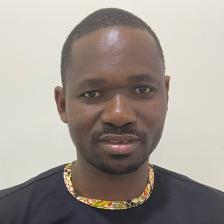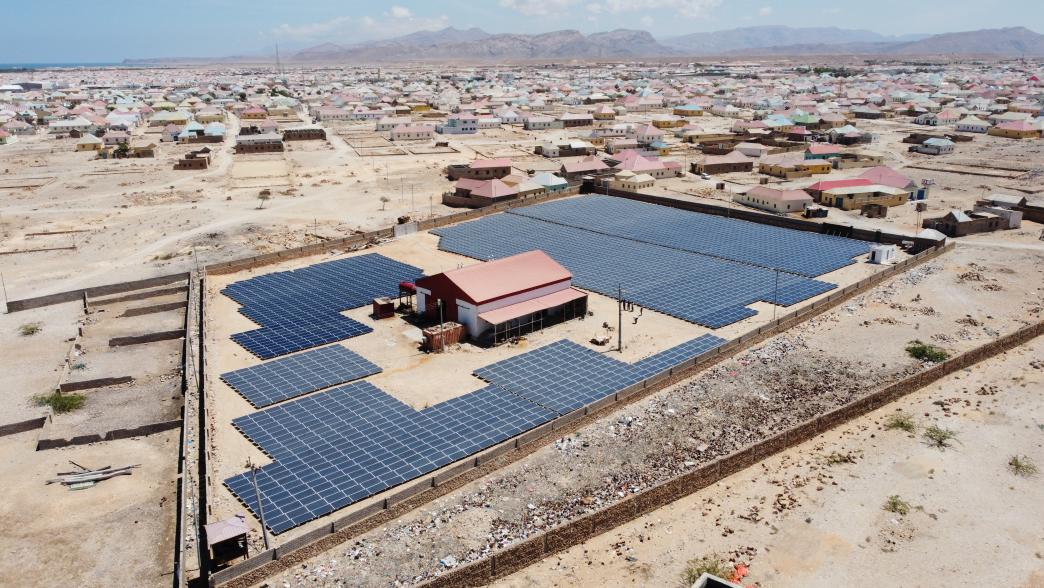
Africa After COP28: Imperatives for Sustainable Development
Despite resistance and challenging negotiations, the final text of the COP28 climate conference includes an historic compromise, calling for “transitioning away from fossil fuels”. This marks the beginning of the end of the fossil fuel era.
The global transition to alternative energy sources presents specific challenges and opportunities for Africa, considering its greater vulnerability to the impacts of climate change (as highlighted by African head of states in the Nairobi Declaration), its low per capita fossil fuel emissions, and pervavise energy and cooking deficits.
Leaders, decision-makers, multilateral financial institutions, and African civil society actors should now unite in prioritizing Africa’s development within the climate agenda. Strategic planning and international support can mitigate potential risks and maximize the economic, social, and environmental benefits of the energy transition in Africa. Here, we explore key African climate priorities for the immediate attention of decision-makers.
1. Prioritize adaptation over mitigation
Contributing less than 4 percent of global emissions, Africa faces primarily an adaptation challenge rather than a mitigation one. The impacts of climate change are more pronounced on the African continent. While we applaud the establishment of the Loss and Damage Fund, current financial commitments total only $792 million for all developing countries, covering less than 0.2 percent of what’s needed. Before advancing in mitigation financing, African parties and developed countries must address this crucial issue, particularly at the next COP in Azerbaijan, which will have a greater focus on transition financing.
African leaders must advocate for adequate representation in the governance of the Loss and Damage Fund, ensuring the consideration of their concerns and leaving no one behind. Streamlining procedures by UNFCCC and the World Bank (the initial host of the fund) are essential for the swift provision of necessary resources.
2. Emphasize more economic, social and energy diversity
Equity in the energy transition requires differentiated treatment for low-income fossil fuel producers, offering them more time and international support to gradually reduce their production. At COP28, African delegation united to advocate for a just and equitable energy transition, highlighting challenges related to energy poverty with over 600 million Africans without access to electricity.
Rather than debating the justice of leaving fossil resources underground, developed and African countries must collaborate to define faster, ambitious, and country-specific energy transition trajectories. The transition away from fossil fuels will impact African countries differently, and just energy transition partnerships (JETPs) can be useful instruments for African countries producing fossil fuels, tailored to local needs with technical and financial support from developed countries.
Additionally, gas raises controversies, and officials in several new African producers (including Ghana, Nigeria and Senegal) consider it a “transition fuel.” Excessive investment in gas could hinder the transition of these countries to renewable energies. To reach a quick consensus, developed and African countries must actively, transparently and respectfully collaborate to assess the compatibility of high-impact gas projects on energy poverty with the Paris Agreement, and also through rigorous and transparent modeling avoid a scenario in which African producing countries are exposed to a lock-in risk.
Officials from new African producers should model emissions for all proposed gas projects and supply chains, indicating planned volumes, the need for gas imports, operating duration, and capacity levels of gas infrastructure, and considering methane-minimization technology.
3. Fully harness the potential of renewable energies
COP28’s commitment to tripling renewable energy supply and doubling efficiency aligns with Africa’s determination to eliminate fossil fuels. Nations such as Ghana, Nigeria and Uganda are accelerating the transition to electric vehicles; and Senegal is reforming its mass transport systems toward electrification and is planning to increase the share of renewables in its mix to 40 percent. These commitments clearly illustrate Africa’s willingness to play a significant role in the global transition to a more climate-respectful economy.
Africa has every reason to continue in this direction given the continent’s enormous potential in renewable energy which is cheaper, safer and cleaner. However, an equity problem arises as most funds for clean energy still go to rich countries. Sub-Saharan Africa received less than 1 percent of the global total in the last two years.
African nations must collaborate with the international community to reduce risks associated with investments in large-scale production capacity. Innovative instruments addressing private investor concerns such as high local interest rates or the lack of local currency financing for solar and wind projects can play a role.
4. Profit from significant transition mineral reserves
Given global ambitions around expansion of renewable energy capacity, the demand for transition minerals associated green technology will likely explode. Africa will play a crucial role in the massive deployment of renewable energy technologies, considering its endowment of transition minerals. Africa holds 19 percent of the world’s reserves of metals needed for manufacturing a standard battery-powered electric vehicle and at least one-fifth of the world's reserves of a dozen minerals essential to energy transition. A “triple win,” benefiting African citizens, their environment and the energy transition, is possible and necessary.
Africa’s leaders must work toward establishing domestic value chains for electric batteries and renewable technologies, and control corruption associated with the boom in these minerals, especially since 70 percent of African countries with transitional mineral reserves rank in the lower half of corruption indices.
In conclusion, Africa's post-COP28 trajectory is defined by a commitment to a sustainable, climate-respectful economy and justice. The outlined priorities are essential for shaping Africa's resilient and environmentally conscious future. The continent’s dedication to these priorities not only secures its sustainable development but also contributes significantly to global environmental goals.
Authors

Papa Daouda Diene
Senior Africa Economic Analyst

Aida Diop
Senegal Senior Program Officer

Denis Gyeyir
Africa Senior Program Officer
